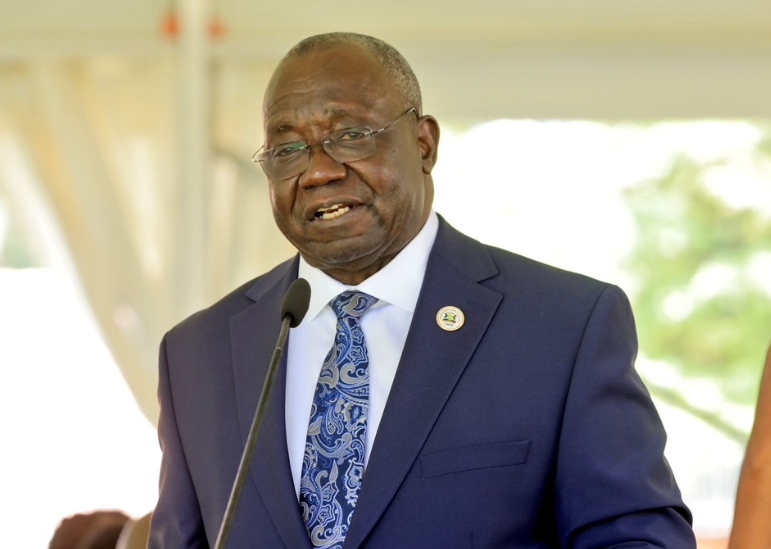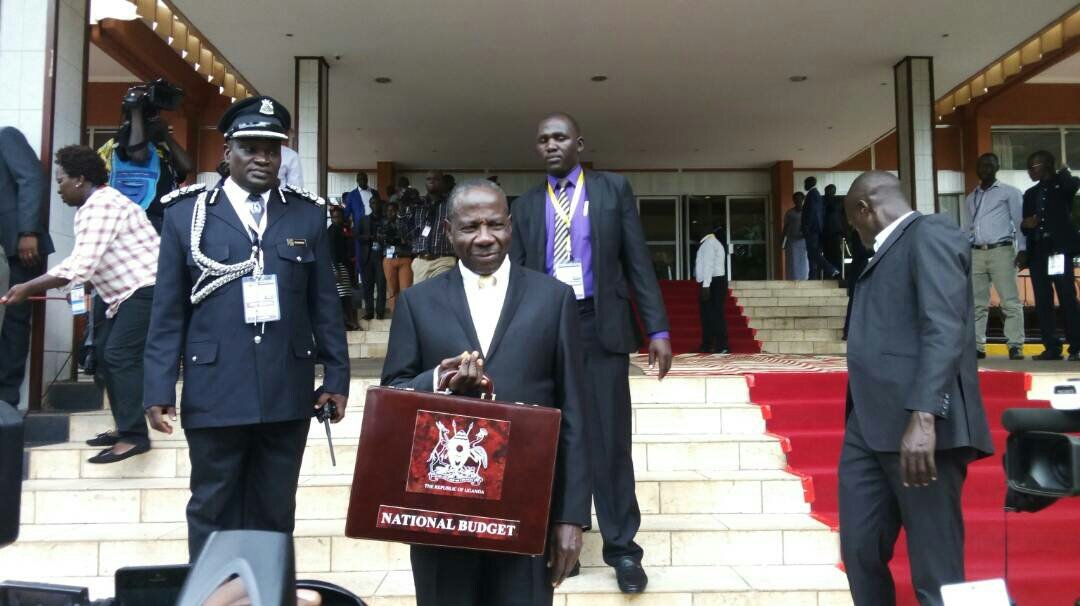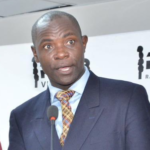Uganda’s financial sector has been strengthened, after Tuesday’s launch of the Sustainable Finance Curriculum at the Sheraton Kampala Hotel.
The Sustainable Finance Curriculum is the first comprehensive national framework designed to equip financial professionals, institutions, and stakeholders with the knowledge and practical tools required to integrate sustainability into Uganda’s financial systems.
Developed by aBi Finance Limited in collaboration with the Uganda Institute of Banking and Financial Services (UIBFS), and supported by the Royal Danish Embassy, Impact Fund Denmark, and the European Union Delegation to Uganda, the curriculum aligns with Uganda’s national development priorities as well as global sustainability standards.
The initiative seeks to build a financial system that promotes inclusion, resilience, and sustainability across the Ugandan economy. It is tailored to help banks, microfinance institutions, and academic organisations integrate sustainability and Environmental, Social and Governance (ESG) principles into their lending, risk management, and reporting practices.
Speaking at the launch, Mona Muguma Ssebuliba, Chief Executive Officer of aBi Finance Limited, reaffirmed her organisation’s commitment to fostering a financial sector that drives sustainable growth.
“Through the Sustainable Finance Curriculum, we are building the capacity to mobilise capital for green and inclusive enterprises, especially those led by women, youth, and refugees,” she said.
“This initiative will help channel finance towards enterprises that promote sustainability from the ground up.”
Representing the European Union Delegation to Uganda, Christine Banuta highlighted the EU’s continued support for Uganda’s green growth agenda, ensuring that all development programmes embed strong environmental components.
“Together with the Ministry of Finance, Planning and Economic Development (MOFPED) and the Global Green Growth Institute (GGGI), we recently launched Uganda’s National Green Taxonomy — a landmark framework defining and classifying green investments for both the public and private sectors,” she said.
She added that the EU is working with the GGGI, MOFPED, and the Bank of Uganda (BoU) to develop the country’s first-ever Green Bond Framework, a milestone for both Uganda and the wider region.
“The Sustainable Finance Curriculum complements this by transforming the system from within — democratising sustainability knowledge across the financial sector,” she noted.
“Through initiatives such as the Uganda Green Enterprise Finance Accelerator (UGEFA), we have seen that the biggest barrier to financing green enterprises is knowledge. This new curriculum bridges that gap by building competence, confidence, and capacity for sustainable finance. Let us seize this opportunity to learn, lead, and transform Uganda’s financial sector together.”
Also speaking at the launch, Adam Sparre Spliid, Deputy Head of Mission and Head of Cooperation at the Danish Embassy in Uganda, expressed confidence in the curriculum’s transformative potential.
“I am proud to speak at the launch of the Sustainable Finance Curriculum. This initiative will transform the financial sector and shift financial flows from black to green. The EU and Denmark remain committed to supporting Uganda’s green economic transformation,” he said.
Felix Okoboi, Board Chair of aBi Finance Limited and aBi Development Limited, underscored the importance of embedding sustainability in finance.
“The future of finance is sustainable. Profit alone is not enough — true success lies in creating value for people, communities, and the planet,” he said.
Goretti Masadde, Chief Executive Officer of UIBFS, described the launch as a milestone for Uganda’s financial services sector.
“This curriculum could not be more timely for us at UIBFS. It embodies our mandate to professionalise Uganda’s financial services industry and our mission to be a centre of excellence in training and consultancy. We are deeply honoured by the trust from aBi Finance and thrilled to see this transformative project come to life,” she said.
Michael Mugabi, Board Chair of UIBFS and Managing Director of Housing Finance Bank, emphasised that sustainable finance is now a necessity rather than an option.
“Sustainable finance is no longer optional — it is essential. This curriculum empowers financial professionals to drive responsible investment, climate resilience, and Uganda’s transition to a green, inclusive economy,” he said.





















